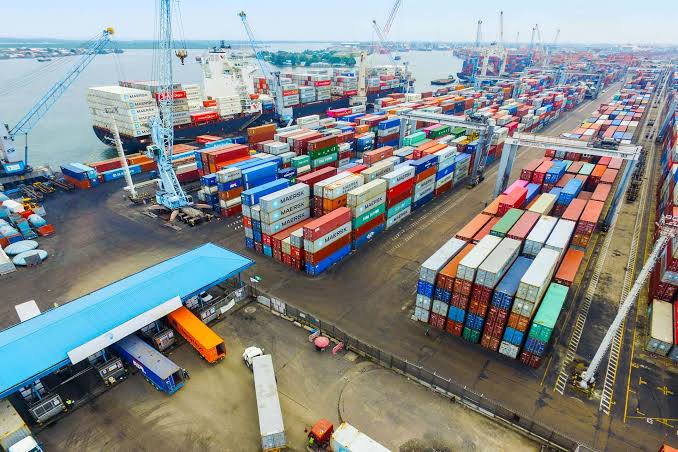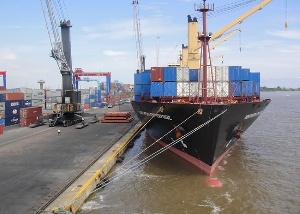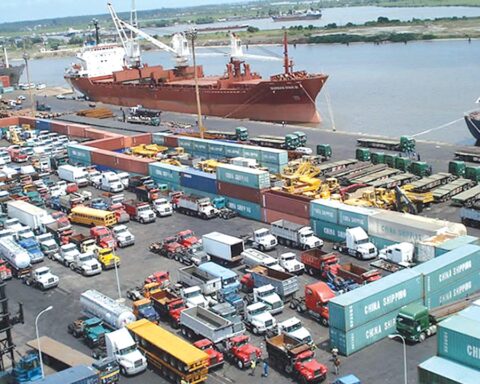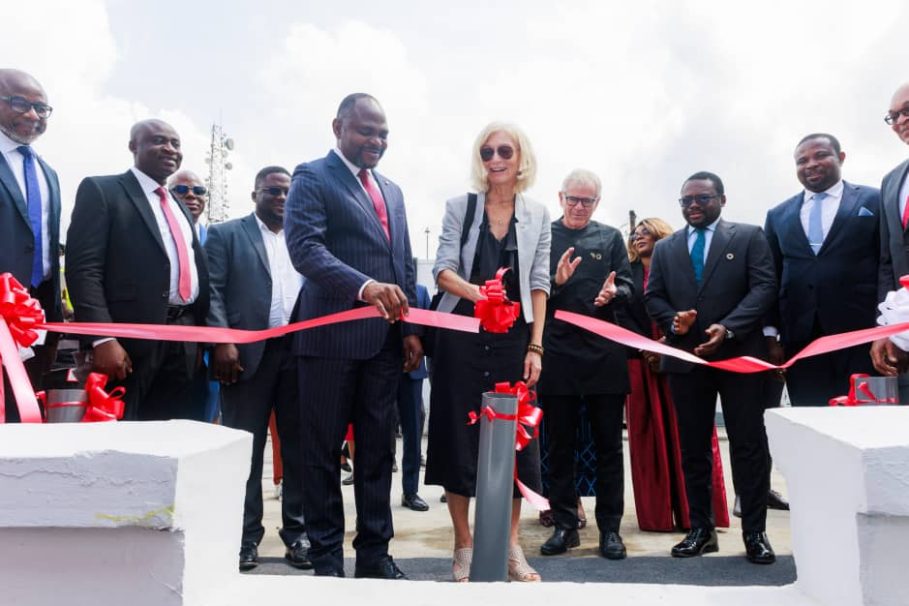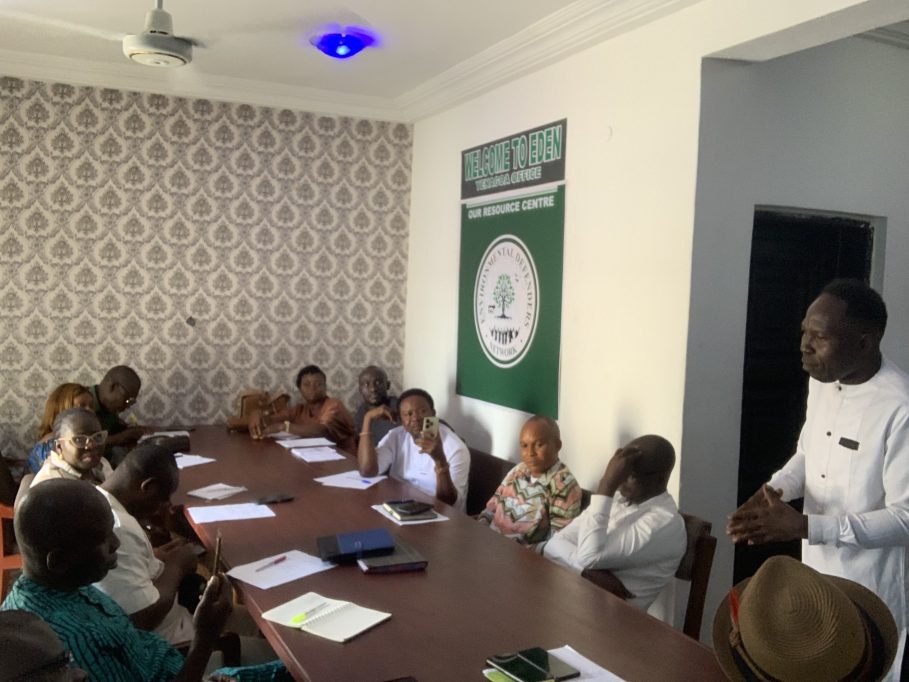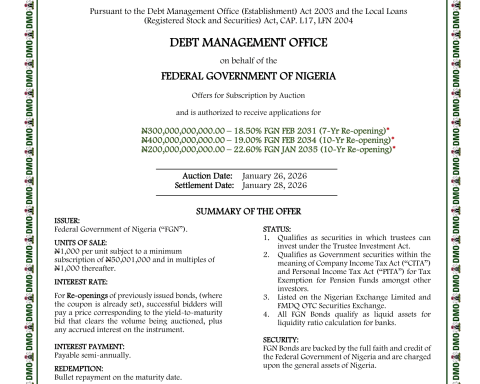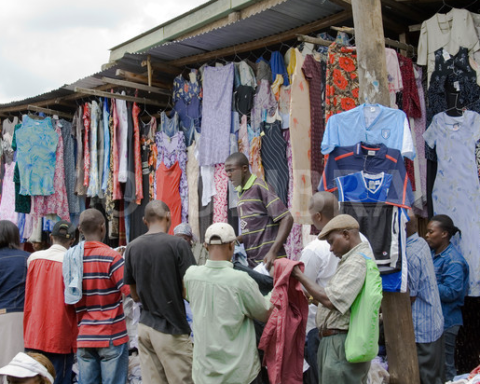The Federal Government has approved $1 billion (about ₦1.4 trillion) for the comprehensive modernisation of the Apapa and Tin Can Island Ports in Lagos, in a major push to upgrade Nigeria’s busiest maritime gateways and align operations with global standards.
The Minister of Marine and Blue Economy, Adegboyega Oyetola, disclosed this at the 2025 Chartered Institute of Logistics and Transport (CILT) National Conference held in Lagos. He said the project forms part of the administration’s broader 10-year marine and blue economy strategy aimed at repositioning Nigeria as a leading maritime hub in West Africa.
According to Oyetola, the modernisation will focus on infrastructure rehabilitation, technology integration, and operational efficiency. The government, he said, intends to transition to a paperless, technology-driven port system to reduce vessel turnaround time, curb corruption, and ease cargo clearance bottlenecks.
Join our WhatsApp Channel“This investment marks a new era for Nigeria’s maritime sector. Our ports must reflect efficiency, transparency, and global competitiveness,” Oyetola stated.
READ ALSO: Sanwo-Olu Unveils West Africa’s Largest Library at Lagos State University
Otti Unveils Bold Plans to Revive Abia’s Economy and Transform Waste into Energy
The $1 billion approval follows months of consultations within the ministry and stakeholders in the maritime industry. While the total amount has been confirmed, the minister did not specify how the funds would be structured whether through direct government allocation, loans, or public-private partnerships.
Government sources indicate that a $700 million contract has been awarded to ITB Nigeria Limited, a company linked to industrialist Gilbert Chagoury, to handle major aspects of the Lagos ports renovation. It remains unclear, however, how this contract aligns with the newly approved $1 billion package.
The funds are expected to cover berth expansion, dredging, cargo-handling equipment, and road access improvements around the Apapa and Tin Can corridors areas long plagued by congestion, poor infrastructure, and delays that have hampered trade.
Stakeholders have welcomed the move, describing it as long overdue. Nigeria’s ports, particularly in Lagos, handle more than 70 percent of the country’s maritime trade, but inefficiency, limited capacity, and poor access roads have kept logistics costs among the highest in the region.
The government also announced plans to extend port modernisation efforts beyond Lagos, with procurement already under way for facilities in other regions to promote balanced national development.
Analysts say the initiative could significantly boost trade volumes, attract foreign investment, and improve government revenue from port operations provided that the reforms are implemented transparently and in tandem with improvements to supporting road and rail infrastructure.
However, concerns persist over execution timelines and project transparency. Key details such as the implementation schedule, contractor list, and specific milestones are yet to be publicly released.
Maritime experts have urged the government to prioritise stakeholder engagement and publish performance benchmarks to ensure accountability.
As Nigeria moves to modernise its ports, attention will now shift to how effectively the Tin Can and Apapa projects are delivered and whether the upgrades can finally end decades of congestion and inefficiency that have cost Africa’s largest economy billions in lost trade.
Amanze Chinonye is a Staff Correspondent at Prime Business Africa, a rising star in the literary world, weaving captivating stories that transport readers to the vibrant landscapes of Nigeria and the rest of Africa. With a unique voice that blends with the newspaper's tradition and style, Chinonye's writing is a masterful exploration of the human condition, delving into themes of identity, culture, and social justice. Through her words, Chinonye paints vivid portraits of everyday African life, from the bustling markets of Nigeria's Lagos to the quiet villages of South Africa's countryside . With a keen eye for detail and a deep understanding of the complexities of Nigerian society, Chinonye's writing is both a testament to the country's rich cultural heritage and a powerful call to action for a brighter future. As a writer, Chinonye is a true storyteller, using her dexterity to educate, inspire, and uplift readers around the world.


